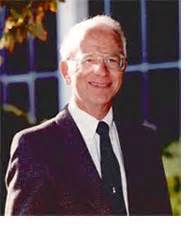A Quote by Bruce L. Shelley
Today's secular libertarians, who want to remove biblical religion from public life, have trouble making sense of the civil rights movement because it was so clearly a religiously inspired movement that entered the public arena and made a major difference in American life.
Related Quotes
In less than a century we experienced great movement. The youth movement! The labor movement! The civil rights movement! The peace movement! The solidarity movement! The women's movement! The disability movement! The disarmament movement! The gay rights movement! The environmental movement! Movement! Transformation! Is there any reason to believe we are done?
The great social justice changes in our country have happened when people came together, organized, and took direct action. It is this right that sustains and nurtures our democracy today. The civil rights movement, the labor movement, the women's movement, and the equality movement for our LGBT brothers and sisters are all manifestations of these rights.
My father told me about American democracy. And he said you have to be actively engaged in the political process to make our democracy work. So I've been doing that my entire life. Civil rights movement. The peace movement during the Vietnam conflict. The movement to get an apology and redress for Japanese-Americans.
When I speak to students about the Civil Rights Movement, I say that it is impossible to stop a determined movement that is captivating the American consciousness. I think the candidacy of Sen. Obama represents the beginning of a new movement in American political history that began in the hearts and minds of the people of this nation. And I want to be on the side of the people, on the side of the spirit of history.
The gay rights movement of recent years has been an inspiring victory for humanity and it is in the tradition of the civil rights movement when I was a young boy in the South, the women's suffrage movement when my mother was a young woman in Tennessee, the abolition movement much farther back, and the anti-apartheid movement when I was in the House of Representatives. All of these movements have one thing in common: the opposition to progress was rooted in an outdated understanding of morality.


































